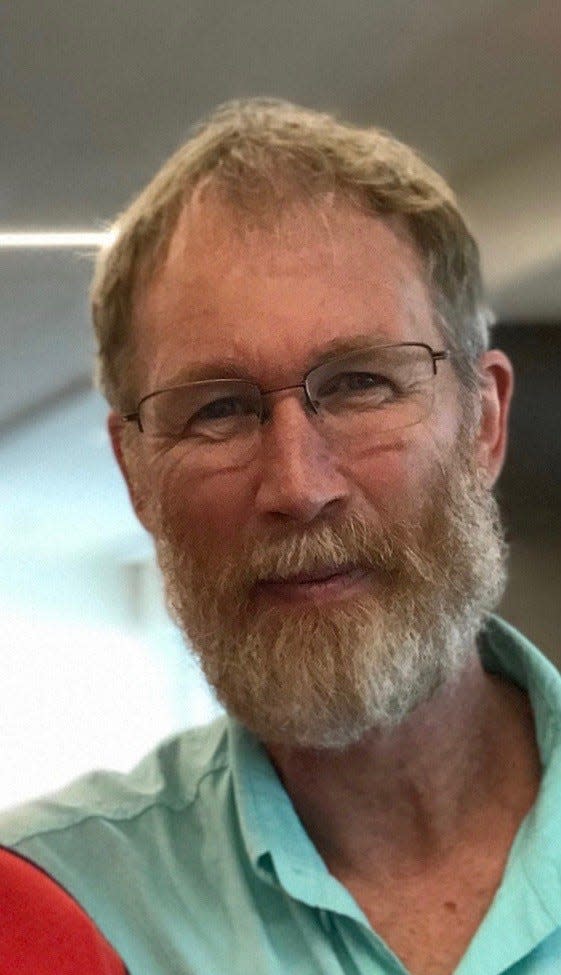Diversity, equity, and inclusion part and parcel of the American experiment

Here are two quotation you know:
“All men are created equal,” by Thomas Jefferson, and “Give me your tired, your poor . . . the wretched refuse of your teaming shore,” by Emma Lazarus. Both are foundational to the idea of living in America.
But as well as you know them, you also know that our nation has often failed in meeting their demands. Our history is replete with unequal treatment of our people. That same history has witnessed a genocide perpetrated on the natives who called this land home before our arrival.
I say “our” in that last sentence not because I or any of you reading this were here when settlers came and systematically took the land from the natives, and not because I or any of you have owned slaves or bought and sold people. These are, of course, different times.
I say “our” because a nation consists of all of its practices, then and now, right or wrong, good or ill; and all who live here must own those practices to understand what it means to be a citizen of this nation. We cannot separate ourselves from the events of our past merely by saying we did not live then. Those practices are still ours to deal with.
For me, that’s a fundamental truth. Understanding our nation’s past — its ills and accomplishments — makes me a better steward of the goals of the American experiment. I could not fully understand the concepts of freedom or justice or liberty without initially understanding how we took each from the natives who lived here and the slaves we brought here or without understanding the quest for each felt by those who cross our border, legally or not, then or now.
Forgetfulness diminishes, and when I forget the history of our nation, I lessen the qualities the nation hopes to uphold. But worse is selective ignorance. When I choose not to investigate that history, or to ignore its lessons, I negate the goals of the quotations that began this essay. Covering your eyes in a horror movie might help you through those scenes, but it cannot change what happens in the film. Choosing not to teach foundational ideas and events of American history will not make our nastiness go away.
I’d like to add another quotation here, Octavio Paz this time: “What sets worlds in motion is the interplay of differences, their attractions and repulsions. Life is plurality, death is uniformity.” Paz knows that life is richer, better, when we see the beauty along with the blemishes.
When I consider these three quotations, I find myself pondering the current conflict playing out regarding Diversity, Equity, and Inclusion. To me, these are the three pillars that uphold the American Experiment, even though our history shows many of our practices to be contrary to their goals.
A person cannot read the Declaration of Independence, The Constitution, or Lincoln’s Gettysburg Address without knowing that America is the home of the many and the different more than it is the home of the brave. We are a nation of immigrants from all corners of the earth, and it is in the coming together of all these groups that we have attempted to forge our greatness.
Diversity, Equity, and Inclusion epitomize America’s idea of e pluribus unum no matter what the people look like, how they worship, or who they marry.
And yet, in many states, especially here in Florida, we seem to be at war with Diversity, Equity, and Inclusion, which means we must also be at war with Liberty, Justice, and Freedom. We hear regularly of some basic ideas of American history being removed from the K - 12 curriculum, as if it is better to teach the comfort of myths and tall tales rather than the truth of factual research.
Diversity, Equity, and Inclusion are part and parcel of the American experiment. We are a nation that has long strived to increase freedom and liberty for the groups and individuals who live here. Our history abounds with moments where new groups gained opportunities to vote, to buy land, to worship, and to work—to pursue their happiness. Each time it happened, America demonstrates how Diversity, Equity, and Inclusion make us a richer, freer nation.
Please don’t make Diversity, Equity, and Inclusion a thing of the past.
Ben Graffam is the author of "Reimagining the Educated Mind," published by Rowman and Littlefield, in 2019. He lives in Lakeland.
This article originally appeared on The Ledger: Diversity and inclusion part and parcel of the American experiment
